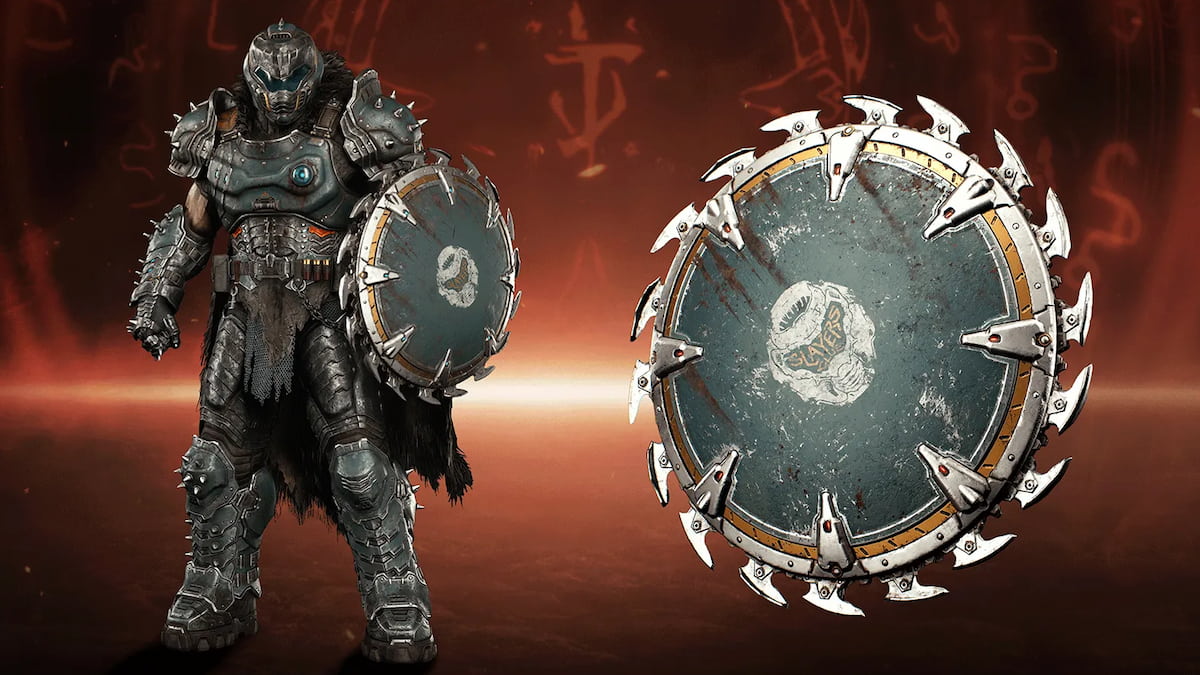# TikTok Will Allow Companies To Create Their Personal Digital Characters

Table of Contents
TikTok Will Allow Companies To Create Their Personal Digital Characters
The subsequent stage of digital advertising is coming to TikTok, with the platform’s new “Symphony” advertising administration platform to incorporate a brand new choice that may allow manufacturers to deploy digital influencers to promote their merchandise for them within the app.

As you’ll be able to see on this instance, TikTok’s now transferring to the subsequent stage of its digital influencers program, which is able to allow manufacturers to select from a variety of digital characters that may primarily promote their merchandise for them, 24/7, through TikTok stay streams.
As defined by TikTok:
“To assist creators and types captivate international audiences and ship impactful messages in an immersive and genuine method, we’re excited to announce Symphony Digital Avatars. Digital Avatars assist breathe life into branded content material with generative A.I. avatars of actual individuals, which is able to allow new methods to scale artistic methods on TikTok.”
TikTok’s digital avatars will are available two codecs:
- Inventory Avatars – Pre-built characters which have been created utilizing paid actors which might be licensed for industrial use
- Customized Avatars – Creators and/or model spokespeople may even have the ability to generate their very own avatars of their likeness, full with multi-language skills
Which sounds bizarre proper? It sounds such as you’re going to finish up with these ridiculously robotic avatars which might be clearly faux, and are totally unconvincing as digital salespeople within the app.
However as with all of TikTok’s improvements, the idea is definitely already nicely refined, with the identical digital avatars having already change into viable, beneficial choices within the Chinese language model of the app, referred to as “Douyin”.

Actually, AI hosts, like those pictured above, have change into massively in style within the Chinese language market, with these simulated characters capable of stream 24/7, generally promoting hundreds of {dollars} value of products day-after-day.
And so they’re additionally turning into more and more cost-effective.
As reported by MIT Expertise Assessment:
“Since 2022, a swarm of Chinese language startups and main tech firms have been providing the service of making deepfake avatars for e-commerce livestreaming. With only a few minutes of pattern video and $1,000 in prices, manufacturers can clone a human streamer to work 24/7.”
These AI clones are designed to imitate the phrases on the advertiser’s script, with firms additionally utilizing A.I. to generate the scripts as nicely.
“Now, all of the human staff should do is enter fundamental data such because the title and value of the product being offered, proofread the generated script, and watch the digital influencer go stay. A extra superior model of the expertise can spot stay feedback and discover matching solutions in its database to reply in actual time, so it seems as if the A.I. streamer is actively speaking with the viewers. It may possibly even alter its advertising technique based mostly on the variety of viewers.”
And now, they’re coming to TikTok, with simplified creation choices offering new methods for manufacturers to pitch their items to the TikTok group, each in advertisements and live-streams.
Is that this the best way of the long run, and what we are able to anticipate to see extra of, in all apps?
I imply, Instagram is already experimenting with comparable, in enabling creators to construct their very own A.I. chatbots of their likeness.
And with digital characters already promoting merchandise in China, it does appear to be it may very well be a serious shift. Possibly not instantly transformative, but it surely may very well be the best way of the long run, as A.I. expertise continues to advance, and bot choices like this change into extra sensible.
Hey, bear in mind these TikTok N.P.C. streams, which noticed actual individuals pretending to be digital characters?
Evidently, they have been extra indicative than they appeared.
Andrew Hutchinson




